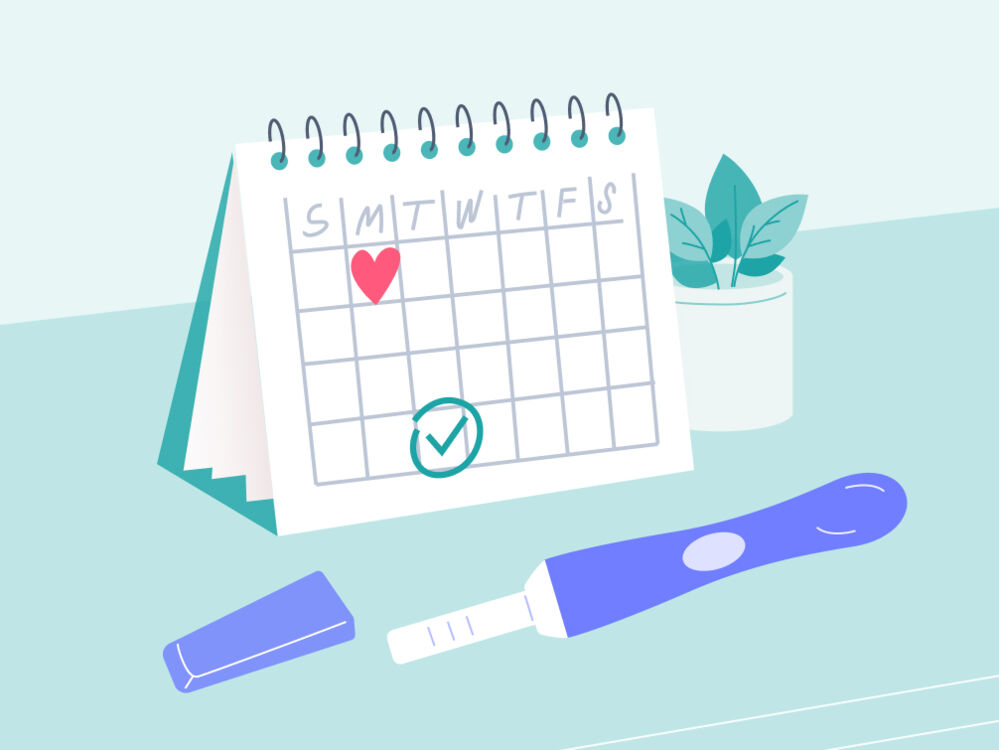Getting ready to take a pregnancy test can be exciting, daunting, nerve-racking, and many other emotions all at once. But when exactly is the best time to take a test, and how should you do it? We’ve got all the answers here with helpful input from a Flo expert.
Key takeaways
- For accurate results, take a pregnancy test on the day of a missed period or the day after.
- The best time to take a test is first thing in the morning.
- You can use an at-home urine test, or your doctor may offer you a blood test to check for pregnancy.
- If you get a positive result, reach out to your doctor.


